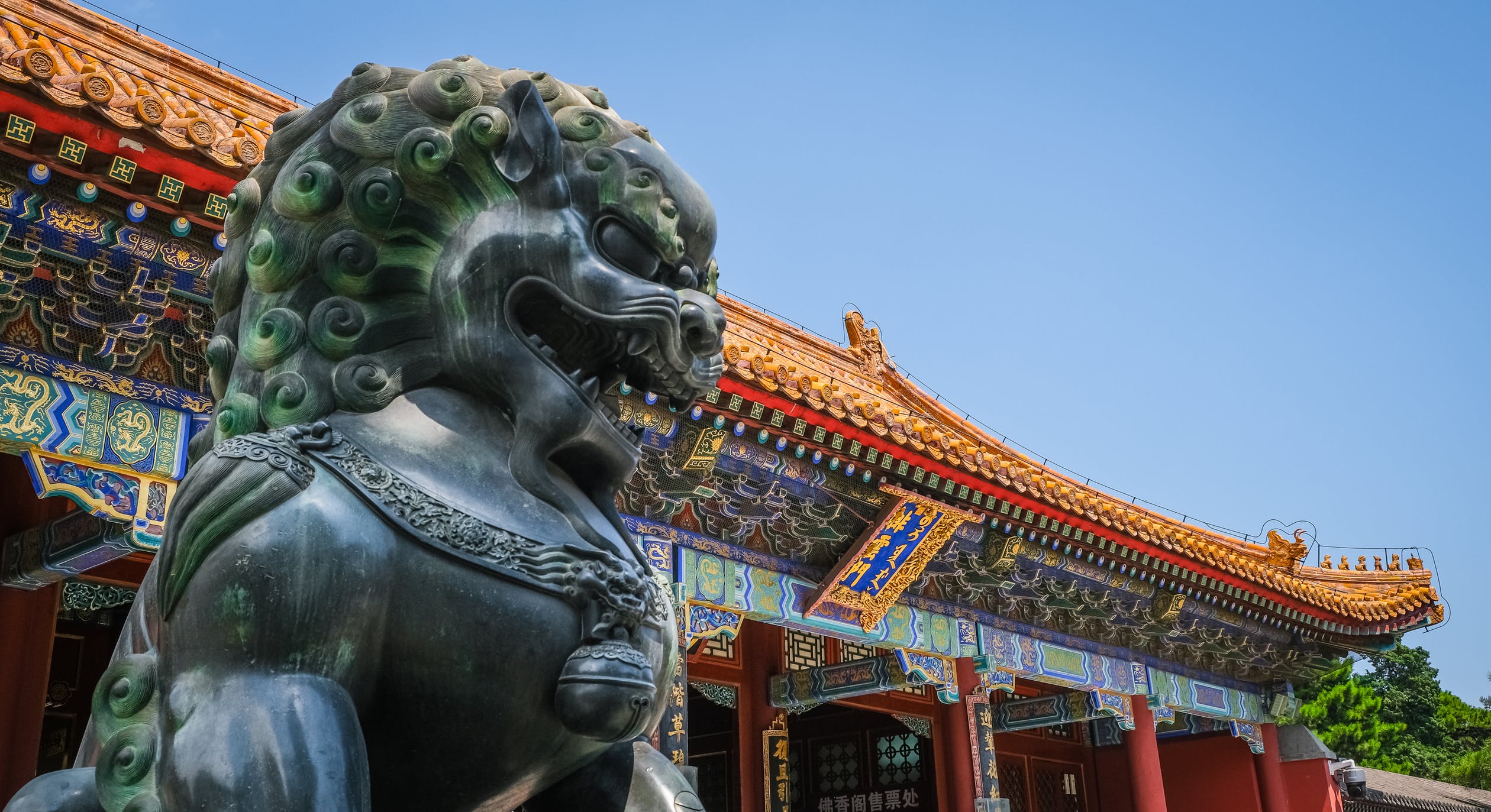The slump in energy commodities and copper shows the fragility of the global economy and the risks to the consensus’ reflation trade.
It is easy to blame the recent fall of commodity prices on the coronavirus outbreak, but the weakness was already evident before the outbreak.
We need to remember that the coronavirus epidemic is, first and foremost, a humanitarian crisis. At the close of this article, the number of affected rose to more than 14,700 and the death toll to 305 citizens. Our thoughts are with the victims and their families.
This epidemic cannot be detached from an event that has not grabbed many headlines last year. The retail price of pork rose last year by more than 80%. Food price inflation, despite an official low 3% headline CPI, and shortage of supply of meat and pork generated a rapid increase in consumption of wild animals, including bats and snakes, which led to a rapid deterioration in health controls and a large exposure to diseases like the coronavirus. This is one of the reasons why the death toll and affected headcount is rising so fast. Not only coronavirus is more contagious than previous similar viruses, but the risk is extended to various provinces.
We all hope that the outbreak will be contained quickly, but we need also to make some estimates of economic risk. According to a study by Jong-Wha Lee and Warwick J. McKibbin, the impact on the global economy from the SARS epidemic reached up to $45 billion. However, once the WHO introduced decisive measures and after the epidemic was contained, both the stock market and the global economy resumed an upward trend. However, in 2003 China was only 4% of the global GDP and now it is around 17%. Additionally, the level of trade with China was also much smaller. Nomura expects a 2% slump in China’s annualized GDP growth in one quarter, which can cause ripple effects on Japan, with an impact of up to 0.4%, and Hong Kong, up to 1.7%. The coronavirus is more contagious but less lethal than SARS, hence the economic impact is estimated to be at least four times higher than what the experts estimated from the SARS outbreak, according to Bloomberg, and some studies elevate the economic impact t $500 billion if the epidemic lasts for an entire year.
China’s top trading partners are likely to suffer. The United States has a massive trade deficit, but remains, at 19%, China’s largest trading partner. Outside of the US, Hong Kong (12.1%), should be the most affected, followed by Japan (5.9%), South Korea (4.4%), Vietnam (3.4%), Germany (3.1%), India (3.1%) and the Netherlands: $73.1 billion (2.9%).
China has closed all commercial activities in at least 21 provinces, municipalities and regions and authorities have told businesses not to resume work before February 10 at the earliest. Last year, those parts of China accounted for more than 80% of national GDP, and 90% of exports, so the impact on the domestic and global economy cannot be underestimated.
Emerging markets face a double risk. On the one side, commodity prices collapsing and weaker trade growth is likely to have an important impact on exports, growth. However, the other important risk comes from weakening reserves as foreign currency revenues fall, precisely in a year when US-dollar denominated maturities exceed $1 trillion.
The Eurozone is not immune. Its massive trade surplus also relies heavily on markets where China is either the main partner or a key driver of growth and trade.
So far, most of these risks are only assumptions and many come from speculation because the extent of the outbreak is not defined in detail. As such, it is logical that markets and economists see a wide range of impacts. One thing, however, is clear. The estimates of global GDP, inflation and trade growth for 2020 that we saw at the end of last year are going to be slashed, and the likelihood of full normalization of trade and commercial activity in and with China in the short term is small. We all want a rapid resolution and effective containment of the epidemic, and no more deaths, but the economic ramifications cannot be ignored.
A version of this article first appeared here.






Leave your comments
Post comment as a guest